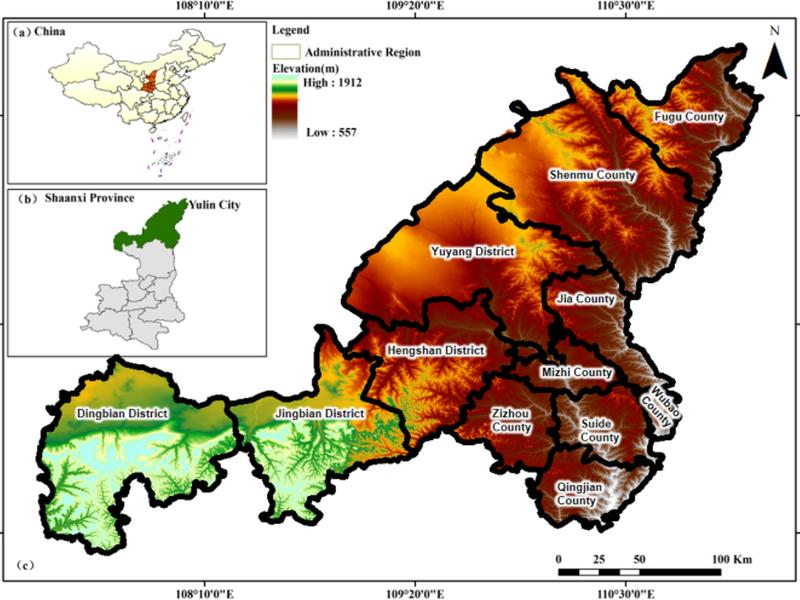This article discusses the use of a Self-Attention Residual Neural Network (SARes-NET) model to assess the “Ecology-Agriculture-Urban” (E-A-U) space in Yulin City, China. The model outperformed other traditional models in simulating the complex relationships between urban development, food security, and ecological conservation. This approach has broader implications for national-level territorial assessments and can aid in sustainable development planning.

